DirectorMary Bronsteintakes the helm of the movieher second feature film afterYeast(2008), a mumblecore comedy.
COLLIDER:I really want to say sincere congratulations on your movie.
I thought it was so, so well done, and your performance is so fantastic.
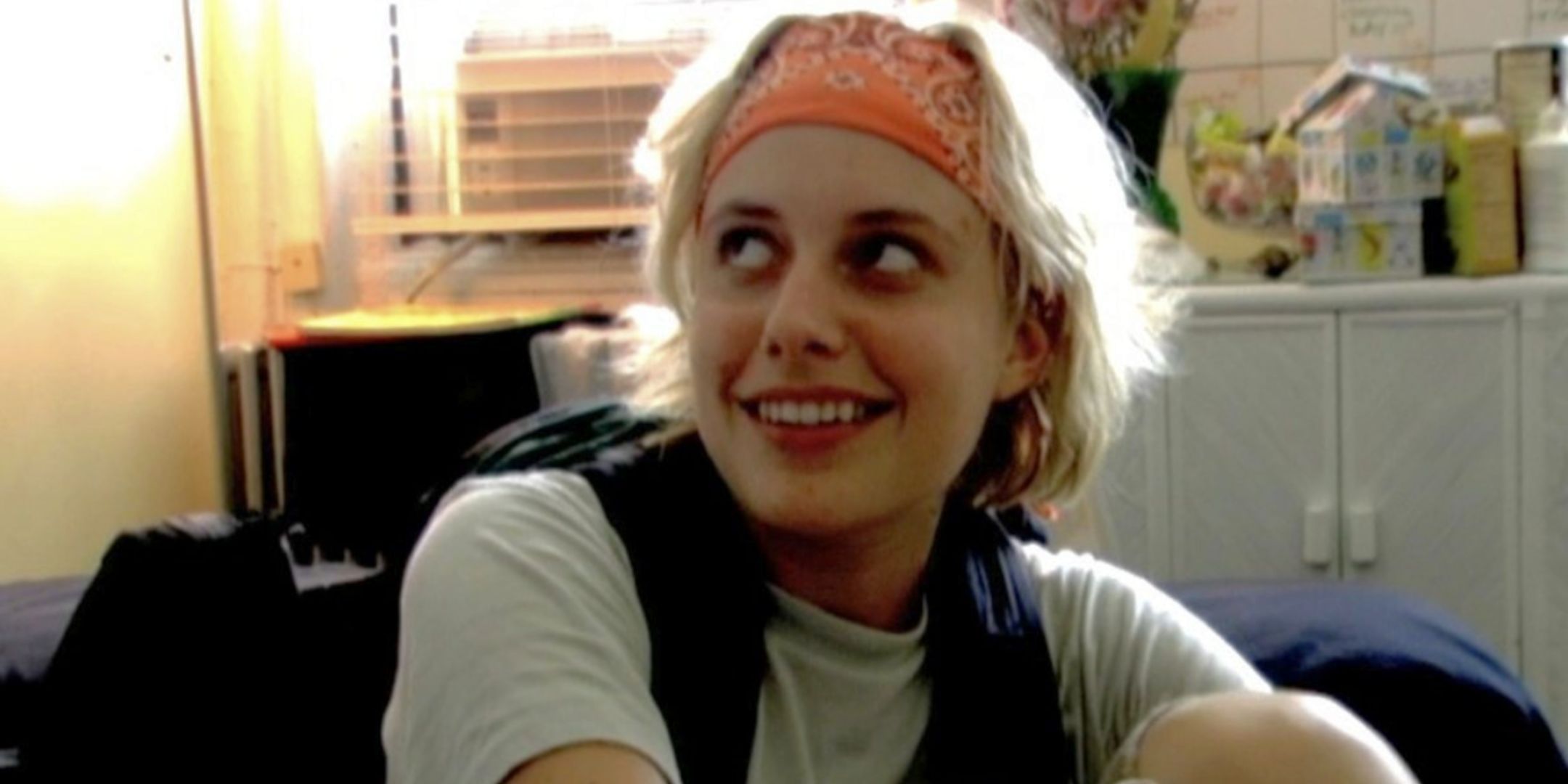
Image via Frownland
I want to start with the most important question.
You made a film back in 08 calledYeastand you had the Safdie Brothers when they were super young.
MARY BRONSTEIN: Like two years old.
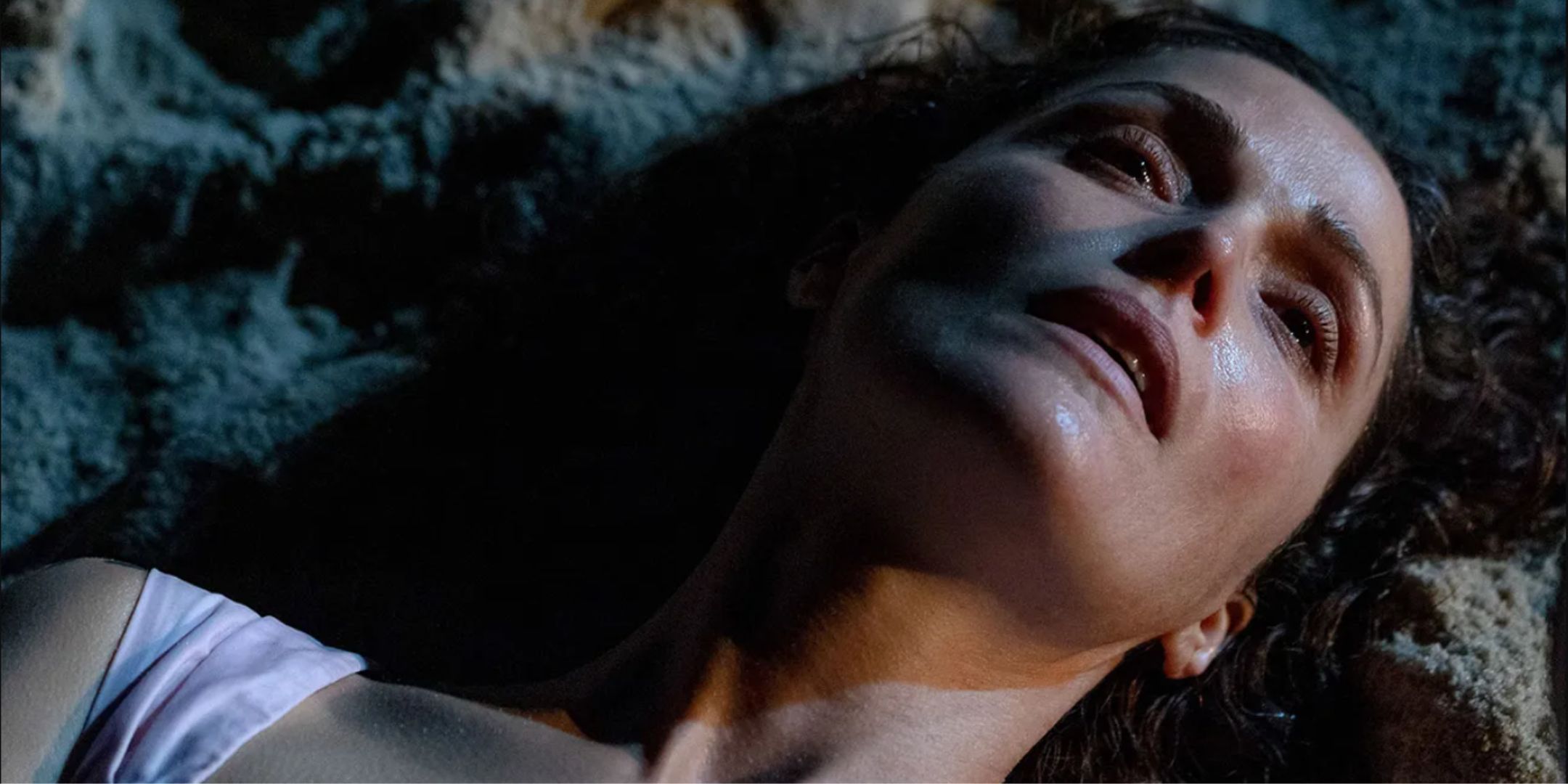
Image via A24
And you also had Greta Gerwig when she’d done barely anything.
They seem to have landed on their feet and you seem to have an eye for talent.
Do you think Rose can have a career?
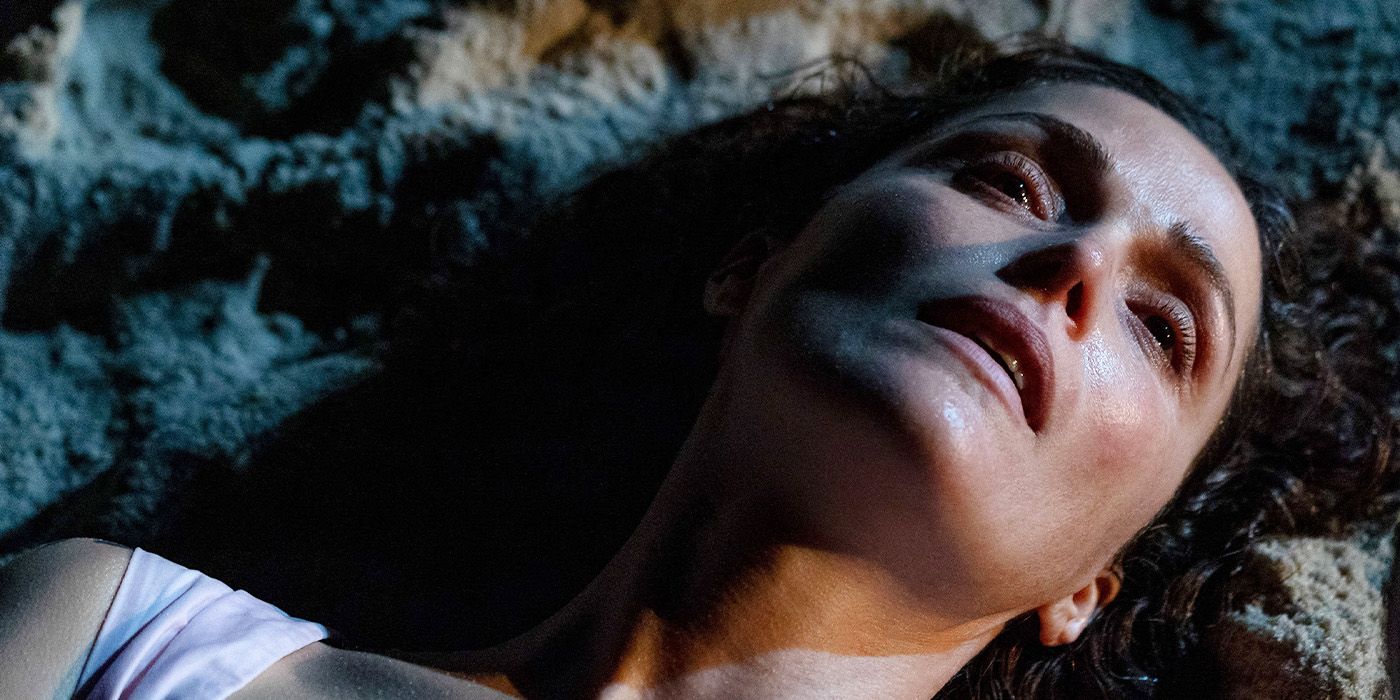
BRONSTEIN: I think that if she tries really hard, maybe.
I think if you make the right choices.
ROSE BYRNE: Thank you, Mary.
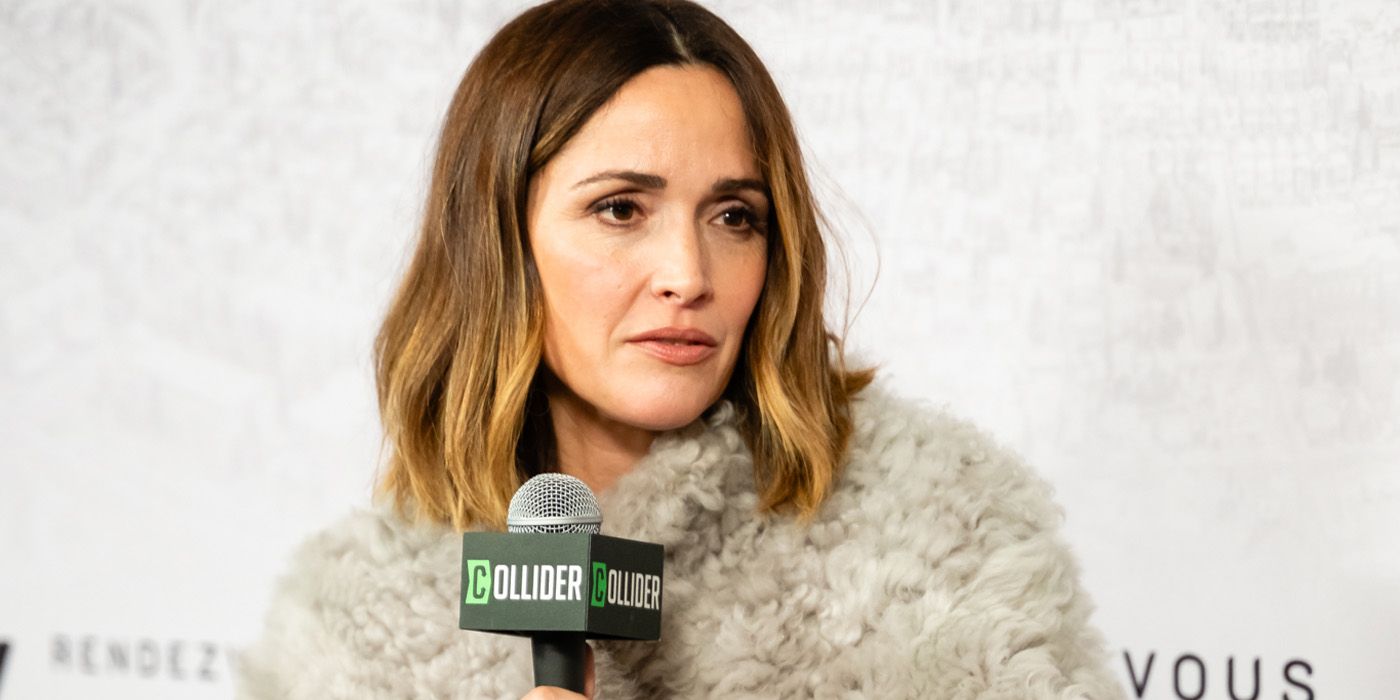
Image by Photagonist
BRONSTEIN: I’m not working with her again.
BYRNE: Appreciate you.
I think you do have a little bit of an eye for talent.
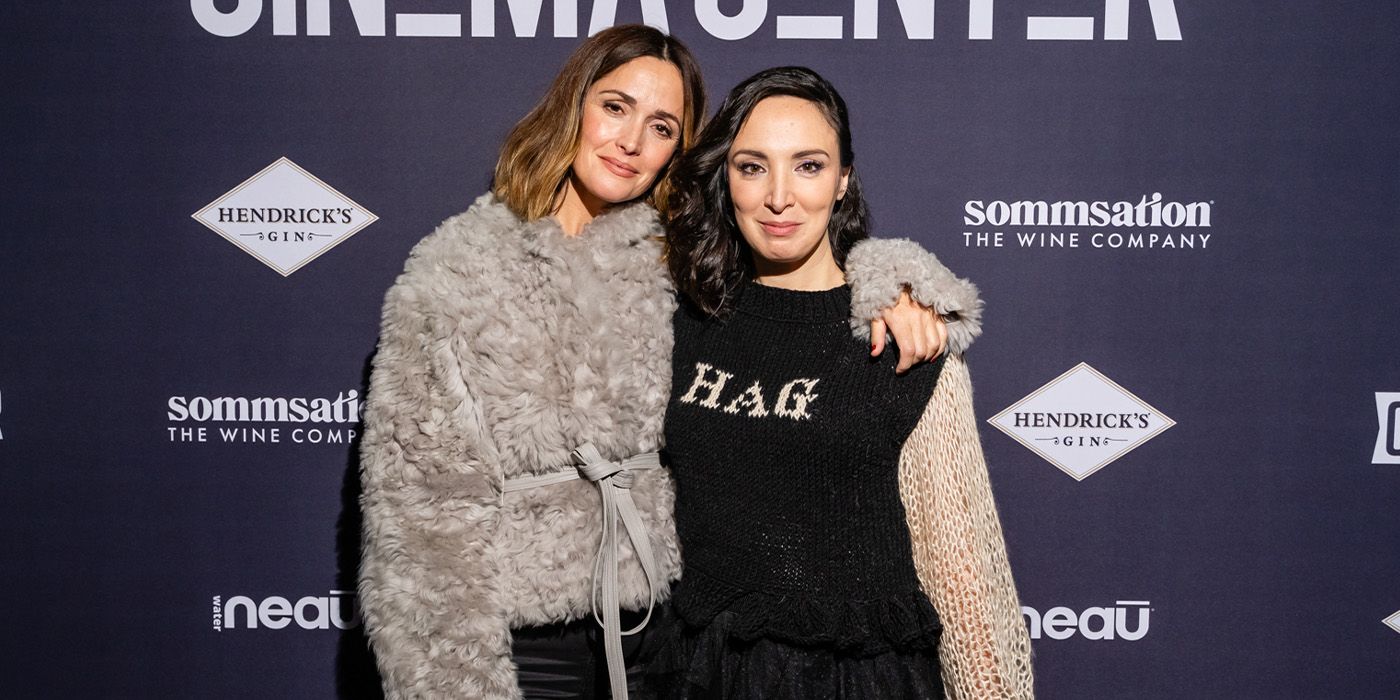
Image by Photagonist
Just throwing that out.
BYRNE: It is pretty crazy, theYeastlegacy.
Its amazing how it became a cult classic.
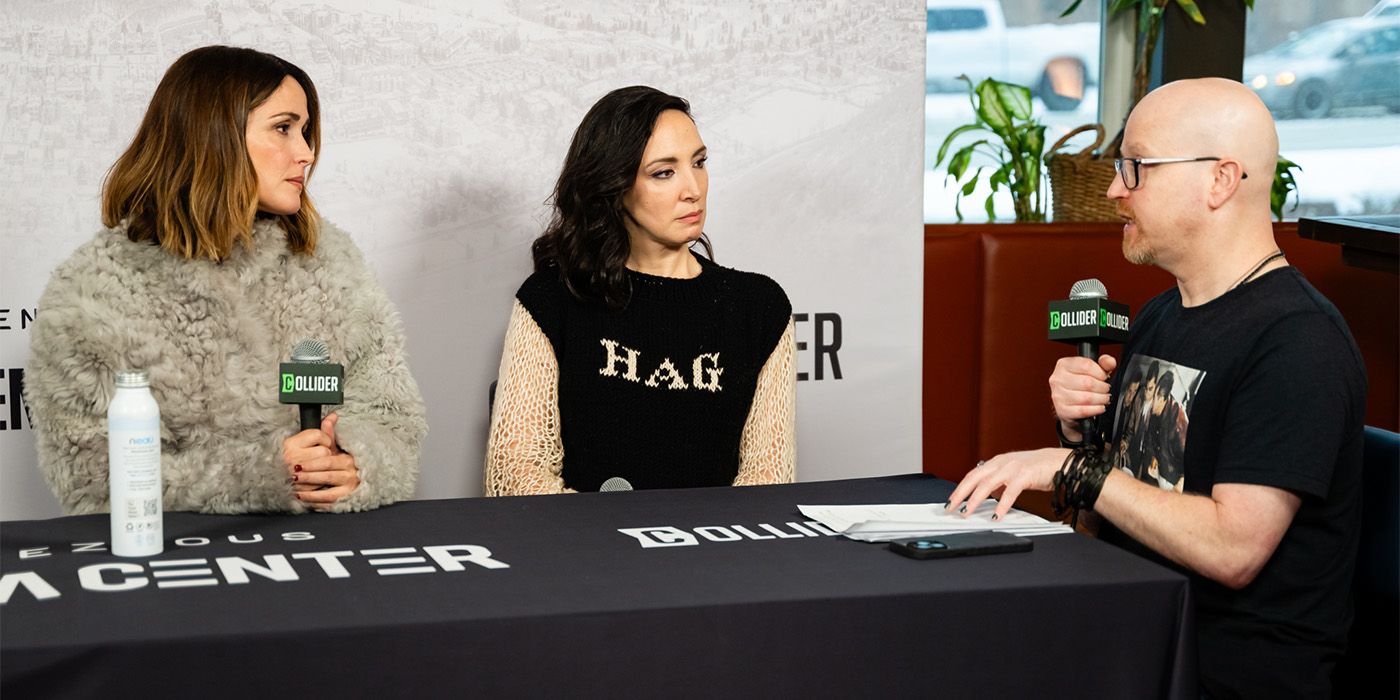
Image by Photagonist
And she was able to do it.
What Is ‘If I Had Legs I’d Kick You’ About?
Actually, I have jumped ahead.
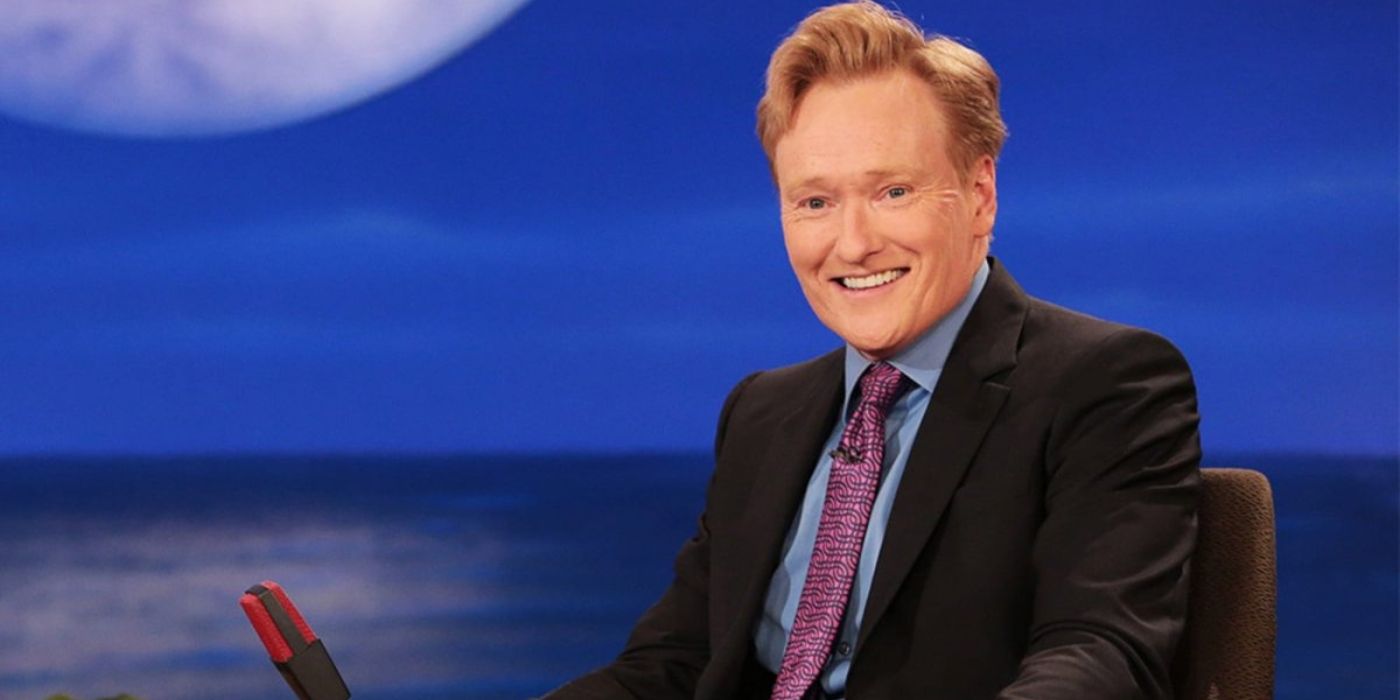
Image via TBS
Most people watching this interview will have not seen the movie.
How have you been describing it to friends and family?
BRONSTEIN: That’s really interesting.
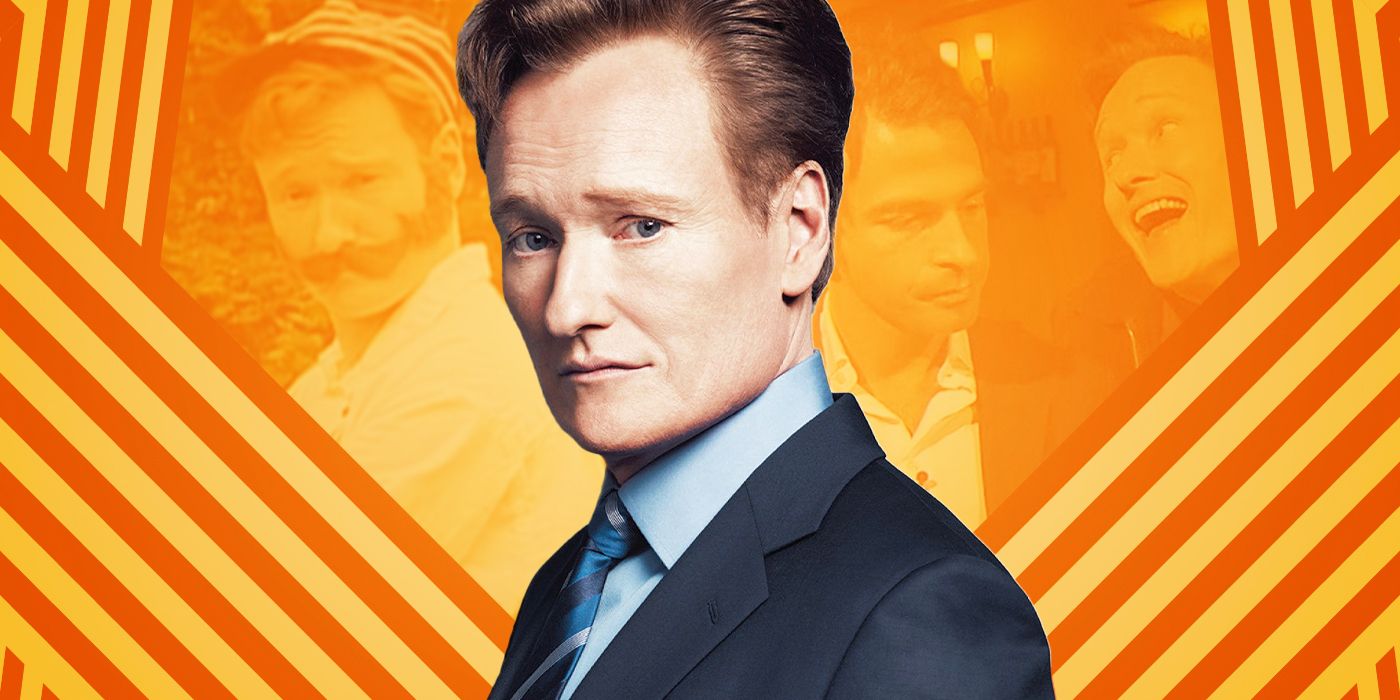
She has to keep going, and there’s a breaking point.
That’s where we enter the movie.
I think everyone can relate, not just to what you’re going through in the movie.
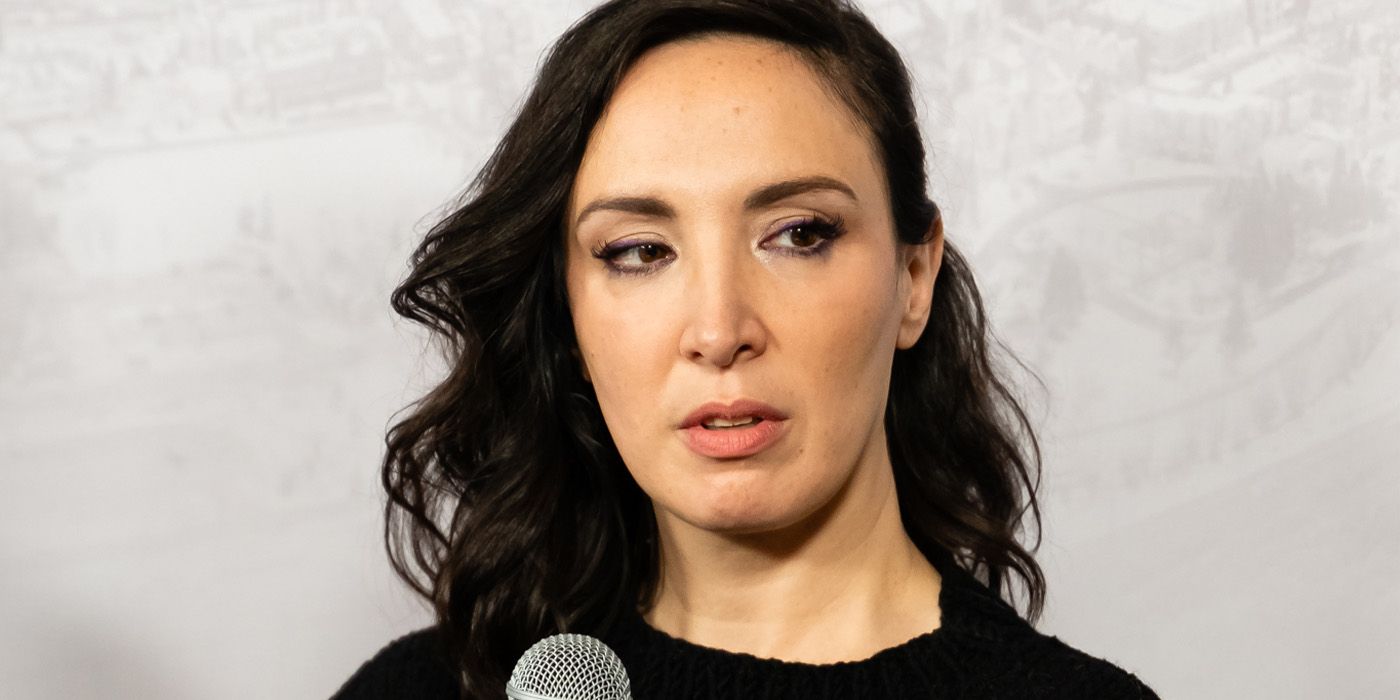
Image by Photagonist
Mary Bronstein’s drama is an unrelenting, overwhelming drama about how motherhood can be a nightmare.
I love learning about how actors prepare for things, and you are so good in this.
BYRNE: I really didn’t want to mess it up.
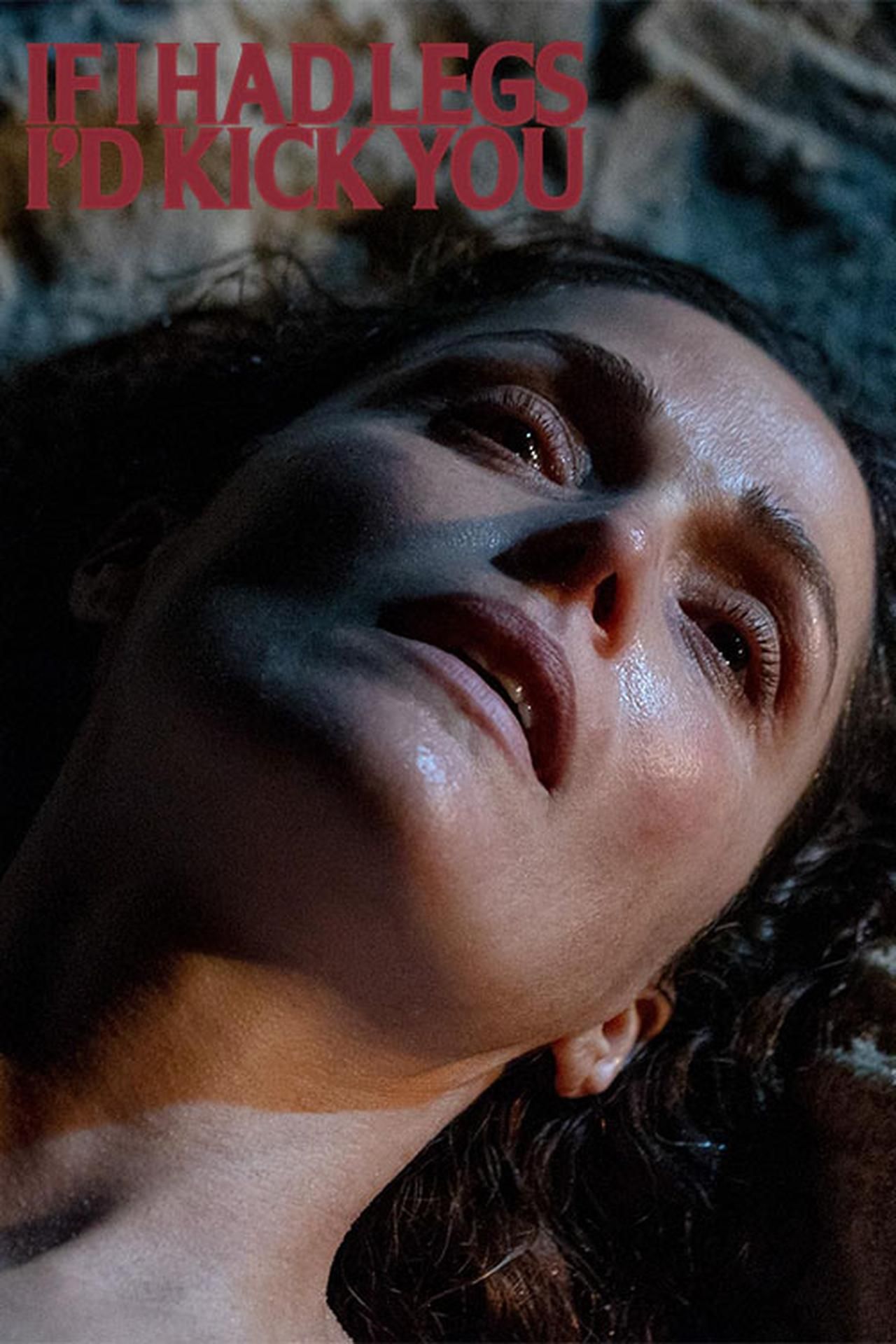
Linda, a Long Island therapist, faces her child’s mysterious illness, an absent husband, a missing person, and escalating tensions with her own therapist.
So I was just like, “I cannot screw this up.”
I was so focused.
And my obsession was, who was Linda before this crisis?
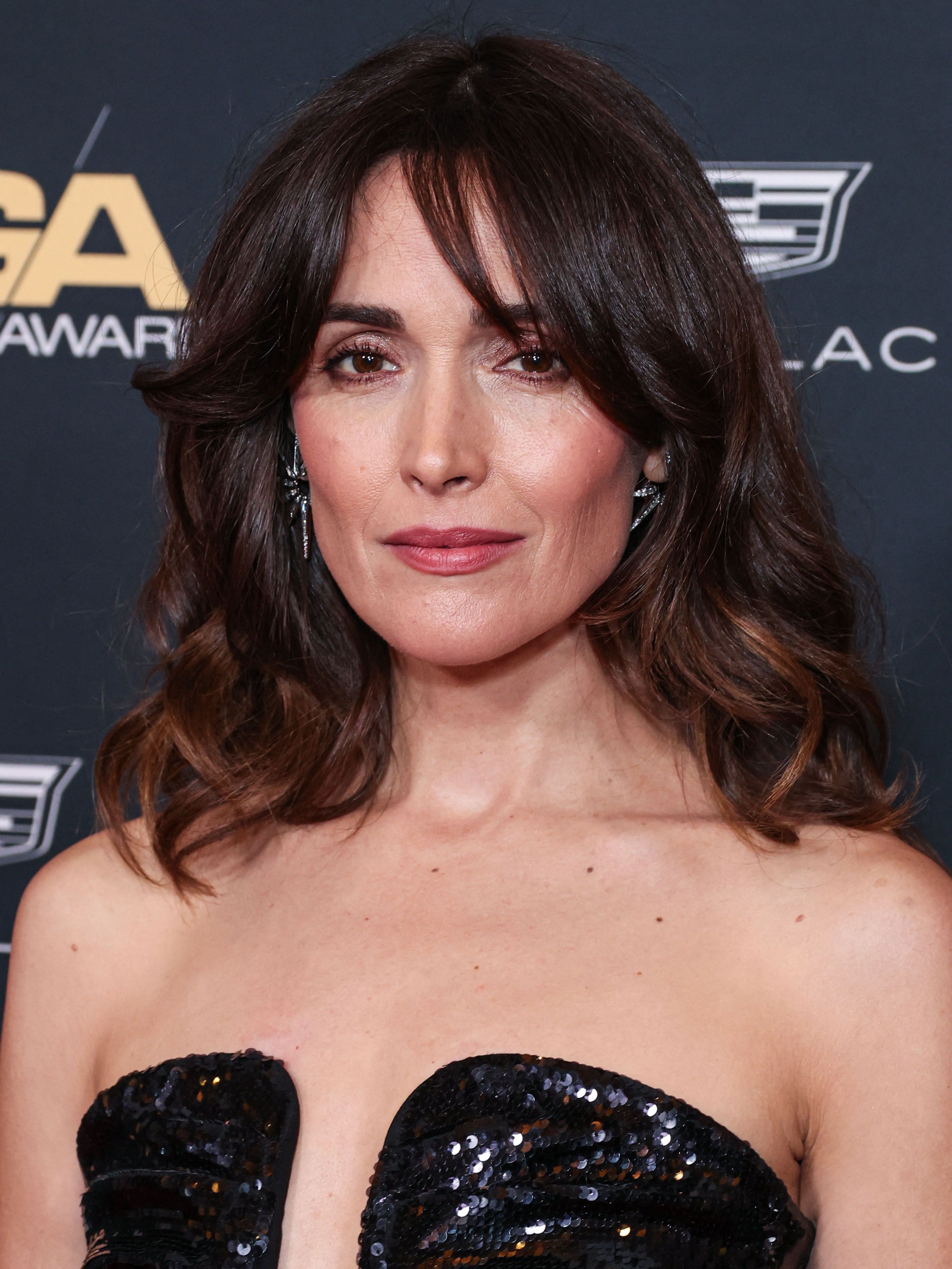
Who was the character before that?
Who is the Linda that we can refer to?
She’s a Linda, she’s a Linda.

That was what became my obsession.
Stress reveals people.It reveals how they react to things.
It reveals their limitations.

She’s reached a burnout point in this role as a caregiver, as a mother, obviously specifically.
I have to do a follow-up.
BYRNE: It was a fast shoot.
We were all working really quickly.
It was so exciting to have this thing to sink my teeth into.
Theyre just like, Mom, can I show you a thing?
BRONSTEIN: It’s your ride home.
That’s what you have.
Because as soon as you initiate the door, your child wants their mother.
You’re their mother.
They don’t care.
BYRNE: And nor should they.
BRONSTEIN: No, they don’t.
It’s like you’re coming home from any job.
BYRNE: Theres no time to navel gaze.
Can you talk about, as a director, why you wanted close-ups to be so prevalent?
BRONSTEIN: Let’s just start by saying that I come to filmmaking through theater.
I studied theater very seriously as a young person.
I went to theater school, and I have such a love and reverie for performance.
I just feel like it’s all here.
[Gestures to face] It’s all here.
Not every actor can do that.
Film, we can get right in here.
This is her world.
This is how she is experiencing the world.
It may be the things that she’s experiencing, another person is not experiencing the same way.
Maybe a sound is only something she can hear, but who knows?
Where did you place the camera and what lens were you using?
Literally, sometimes right here.
Which leads me to my follow-up.
BYRNE: You just have to kind of disassociate a little bit.
And I said, “Yes, it does.”
And then she was like, “Okay.”
Then she had a minute.
BYRNE: [Laughs] To process.
BRONSTEIN: But literally, you’re also hearing the physical film recording you.
BYRNE: I became very good friends with our cinematographer.
They have to leave the theater.
BYRNE: I put it off for a long time, to be honest.
I was completely nerve-wracked by it.
I don’t love watching myself.
I can see it once, and then I’m good, or I won’t even watch it.
It depends on a case-by-case basis.
I just sat in the chair and didn’t move.
I knew she was up to something when she was directing this movie, and so was Chris Messina.
BRONSTEIN: She watched it in a private screening room by herself.
BYRNE: And I sort of fell out afterward and was like, “Wow.”
The film itself was so extraordinary beyond just the character and what I brought to it.
The film itself just blew me away.
I was so honored to be even in it.
But when somebody goes and sits in the theater, its not my movieit is Rose’s movie.
Rose’s face is in almost every frame of the movie.
It is her movie.
She is sustaining that energy and interest and engagement for almost two hours just on her face.
It’s her movie.
BYRNE: Stop it.
BRONSTEIN: It is!
She doesn’t take compliments well.
BYRNE: No, I disagree.
I think your voice is so clear as a filmmaker.
I was going to say that I think it’s a combination of both of your works.
BRONSTEIN: I am not dismissing my own work.
[Laughs]
BYRNE: “Don’t get me wrong!”
You might have written it.
You might have made some aesthetic choices.
Actually, I love talking about the editing process because it is where it all comes together.
How did the film change in the editing room in ways you didn’t expect going in?
We can’t do this.
We need to drop a scene here."
And I was like, “No.
I know that every scene won’t make it in the movie.
Ineedto shoot every scene.”
Let’s do this.
Then, when I got in the editing room, Luc Johnston was my editor.
He has edited Ari Aster’s movieshe’s editing his new one right now.
He is such a talent.
He got the movie.
He understood the movie from the get-go.
It’s not the script anymore.
It’s not the experience on set.
To be honest, you want to check that you have it.
God forbid you need it.
BRONSTEIN: I was lucky.
It was a very demanding schedule.
It was very demanding.
But I was so lucky; I was surrounded by the best crew of people.
It felt like we were all in this together.
Like, “Let’s do it.
We’re going to do this.”
There was that energy, and that enabled it to happen.
BYRNE: It was a very young crew.
BRONSTEIN: Very young, energetic.
I’m a big fan of Conan O’Brien.
It was great seeing him at the Q&A yesterday.
BRONSTEIN: First off, I’ve been in and out of therapy for most of my life.
I’ve had good therapists, I’ve had bad therapists.
I’ve had everything.
A part of this movie is very much about helpers not helping.
Conan, I’ve been a big fan of his since his show first aired in like ‘93.
I was a teenager.
It hit me so hard, and I’ve been a super fan of his.
I was listening to it, and both their voices calmed me so much.
In the script though, Linda does not take the therapist’s advice ever.
There’s a discussion to be had about whether he’s even giving the right advice.
We don’t know.
But I thought that would be so interesting.
It was a banana’s idea, and I took the risk, and he got the script.
I’ll try it, and you could fire me if I’m bad," basically.
Everythings better when Conan brings along his camera crew.
I want to do a follow-up on Conan, if you don’t mind.
BRONSTEIN: I said, “You’re not going to have that hair, buddy.”
And he’s like, “Well, what do you mean?”
He said, “I always have this as my hair.
It’s always my hair.”
And I said, “Well, this is not you.
So what’s the opposite?”
And the opposite is parted and slicked.
It takes away that sort of Im Conan O’Brien sign.
And the other thing was the glasses.
To add the glasses was his idea.
But I felt it had to be that for him to be able to be a different guy.
I 100% think that you made the right decision.
Because if he had his hair, all you would see is Conan.
BRONSTEIN: And I didn’t want that.
But he was totally willing.
[Rose], you play stoned and drunk in the movie.
BRONSTEIN: So hard to do.
It’s so hard to do.
BYRNE: I think its really hard.
It’s great to always look at real footage of people.
That’s whats fabulous about the internet, isn’t it?
There are always behavioral giveaways and tics that people have if they’re stoned or they’re drunk.
It’s constant, this thing, and we had to keep track of it.
Like, where are we?
How much are we sleeping?
We’re not shooting in order.
So that was something we were all constantly reassessing and checking in on.
I’ve never noticed that.
BRONSTEIN: Everyones a pleasant drunk.
BRONSTEIN: 100%.
Linda is white wine.
She sticks to it.
It’s her buddy.
I wouldn’t know.
Neither of us would know anything about it.
So you have the shooting schedule in front of you.
BRONSTEIN: I’m only laughing because I have the same answer.
BRONSTEIN: I don’t want to give it away, but it’s very physical.
Let’s just say this:people could have died.
BYRNE: Now youre really gonna get in trouble.
I was watching yesterday and was like, how are you filming this?
BRONSTEIN: Not really.
We were very safe and everything was like that.
It was that throw in of thing.
BYRNE: We were all talking about it, and there was a lot of anticipation.
BRONSTEIN: I was at the mercy of nature and nature delivered to me that night.
I have so many things I want to say.
What’s coming up for you this year in terms of what you’re filming?
What’s getting ready?
My friend Bruna Papandrea is producing it.
Is itThe Good Daughter?
So we’re starting casting for the rest of that, and we start up in May.
So that’s what I’ve got coming up so far.
It’s just such a better shoot for everyone.
It’s amazing more shows don’t do it.
So, it’s great to be able to mix it up.
Also, Seth likes to improvise, and I’ve never seen him do that.
[Laughs]
He’s such a different performer in terms of finding things in the moment.
BYRNE: You gotta say it on your feet.
He always keeps it fresh.